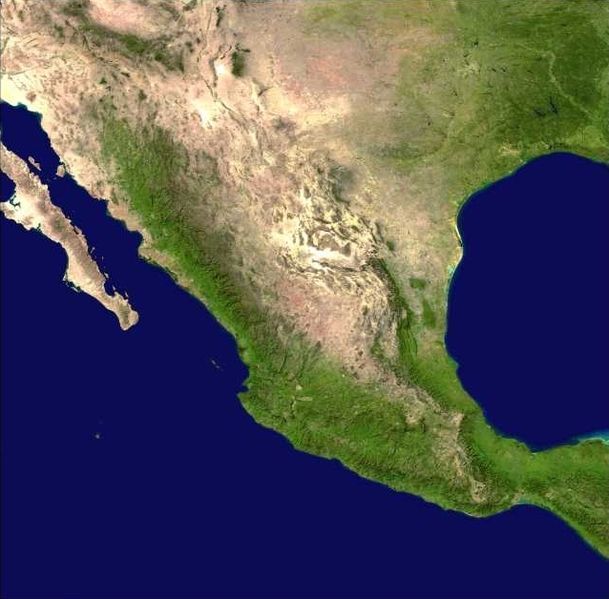Renewable energy in Central America
The Worldwatch Institute and the INCAE Business School’s Latin American Center for Competitiveness and Sustainable Development (CLACDS) are co-hosting two workshops on “The Way Forward for Renewable Energy in Central America” in Nicaragua and Costa Rica.

The Worldwatch Institute and the INCAE Business School’s Latin American Center for Competitiveness and Sustainable Development (CLACDS) are co-hosting two workshops on “The Way Forward for Renewable Energy in Central America” in Nicaragua and Costa Rica.
The dialogues will promote the exchange of expertise and experiences among a select group of experts from regional institutions, civil society organisations, energy sector companies, and government agencies. The workshops will focus on the role of renewable energy technologies in broadening access to modern energy services and achieving regional development.
The Central American countries of Honduras, Nicaragua, Belize, Costa Rica, El Salvador, Guatemala, and Panama rely heavily on hydropower, imported petroleum, and biomass for their energy supply. This dependence on conventional energy sources has had various adverse social, environmental, and economic impacts, hampering sustainable development in the region.
With support from the Climate Development Knowledge Network and the Energy and Environment Partnership with Central America, Worldwatch and the INCAE Business School are partnering to design “sustainable energy roadmaps” that help decision makers in the region implement an improved transitional strategy toward an energy system that is socially, environmentally, and economically superior to the one that currently exists. The goal is to help Central America continue to harness its immense potential to utilize renewable energy sources such as wind, geothermal, solar, biomass, and small-scale hydropower.
During the workshops, Worldwatch and other experts will present and discuss initial findings of the roadmap project, enabling completion of Phase 1 of the project. The goals of this first phase are: to scope existing market trends, given investment conditions and implemented policies; to identify clean energy success stories that can be replicated elsewhere in the region and discuss what is needed for their scale-up; and to analyze the technical, socio-economic, and political/financial “cold spots” where future data gathering and analysis can add to the information needed to make successful policy choices. In Phase 2, the project team will propose concrete steps toward rapidly expanding the adoption of renewable energy technologies in Central America, and communicate these to key decision makers.
Experts from a range of renewable energy and policy professions, including representatives from the Ministry of Energy and Mines of Nicaragua, the United Nations Economic Commission for Latin America, and the EAP, among others, will present best-practice case studies as well as recommendations on how to replicate such examples. Workshop participants will discuss individual suggestions in break-out groups or ‘action labs.’ The involvement of leading thinkers in the project will extend beyond the single-day events through ongoing participation in the project’s future activities as well as a moderated online forum, enabling the formation of a community of experts committed to advancing clean energy in Central America.
